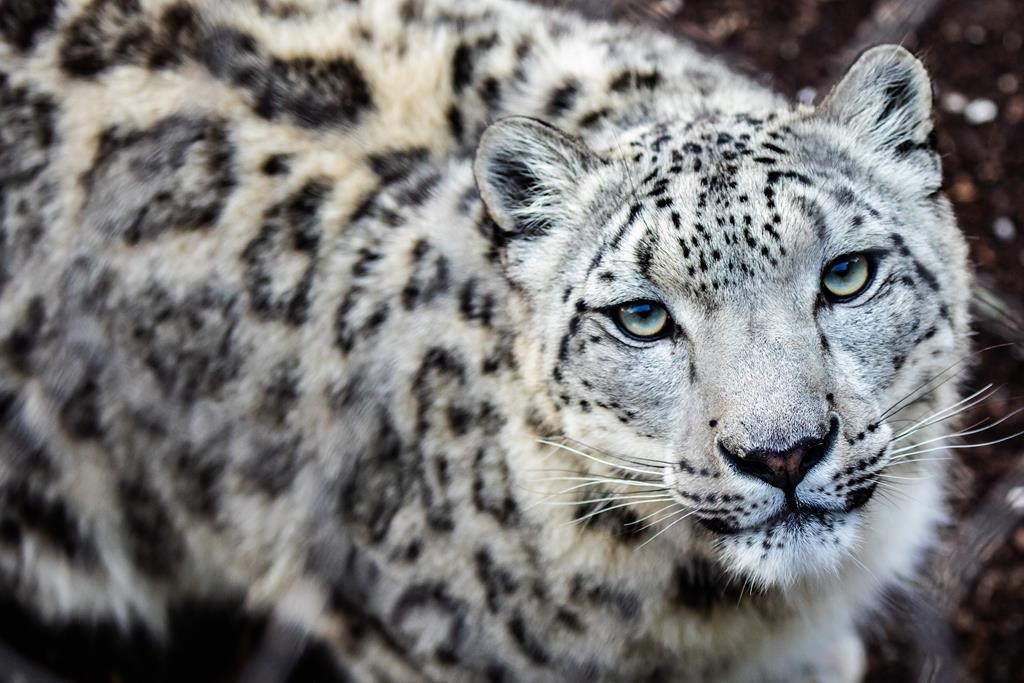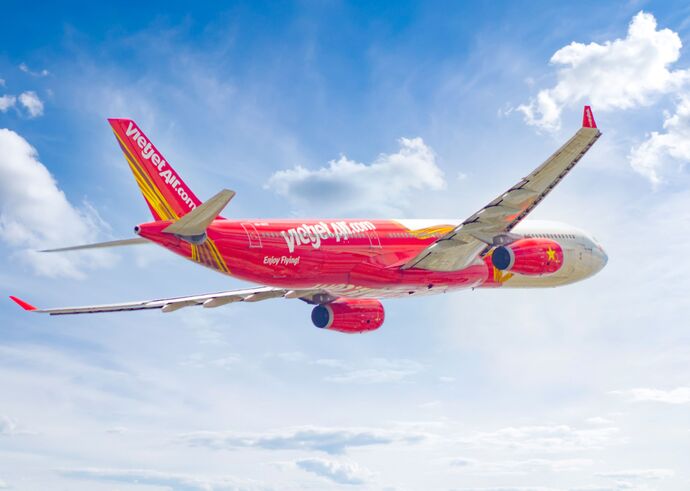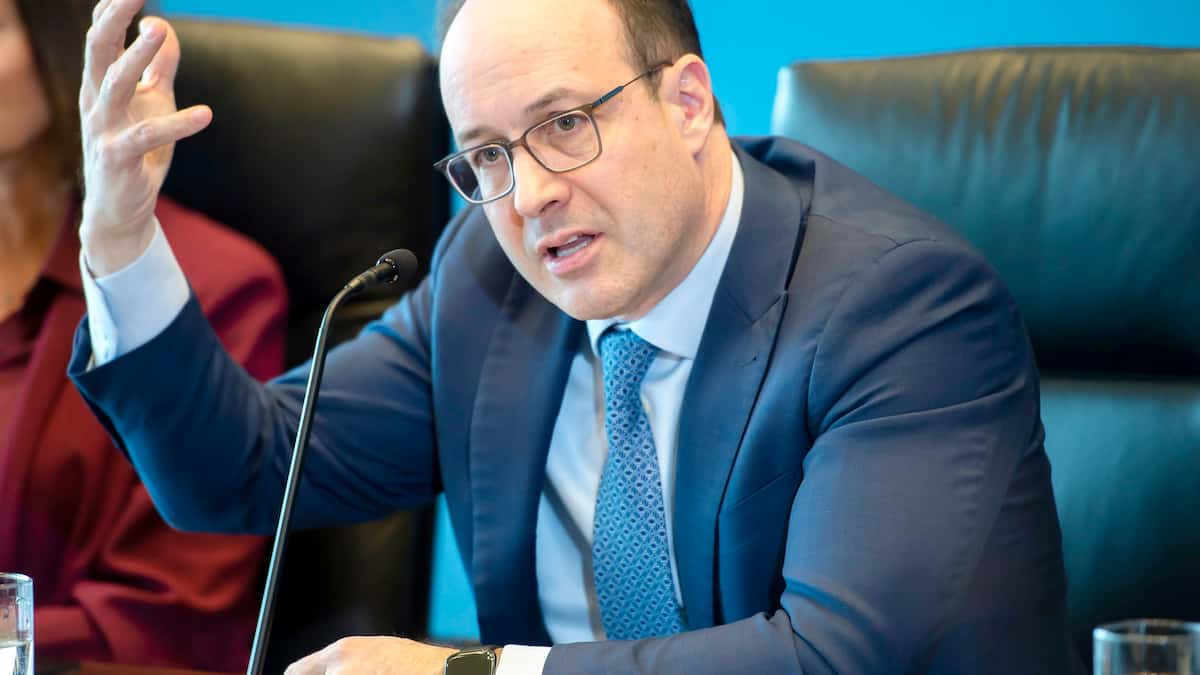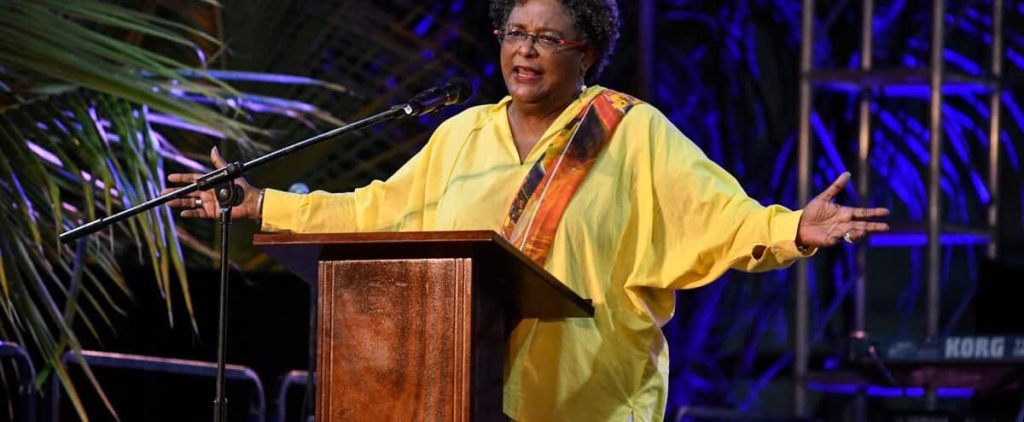On the verge of freeing itself from subjection to the British crown, the young Republic of Barbados will have to contend with the pandemic’s economic impact on tourism and the inequalities inherited from its colonial past.
Barbados is famous for its quaint beaches, and on Tuesday it will appoint President Sandra Mason, elected by indirect universal suffrage, as head of state, replacing Britain’s Queen Elizabeth II.
The celebrations of this historic transition of republican rule, which include parties and military parades, will begin on Monday evening, in the presence of Prince Charles, heir to the British throne.
The rise of the republic in this independent Caribbean nation since 1966 came after years of local campaigning and sparked debates about centuries of British influence, marked by 200 years of slavery.
“When I heard about the Queen, I was so excited when I was a little girl,” Sharon Bellamy Thompson, 50, who saw Elizabeth II’s baby visit the island recalls.
“Growing up, I began to wonder what this Queen really meant to me and my country. It just didn’t make sense,” says the Bridgetown fishmonger. “It would be nice to have a female chief in Barbados,” she continues.
“Mental Strings”
For some activists, such as Verana Bulbulia, founder of the Barbados Muslim Association, British colonialism and slavery are directly responsible for the inequality on the island.
“Differences in wealth, the ability to own property, even access to bank loans, it all relates to the structures that were set up under British rule,” says the 26-year-old.
“The physical limitations (of slavery) are broken and we don’t wear them anymore, but the mental limitations are still in our minds,” she says.
Barbados held its first presidential election in October, 13 months after the constitutional divorce from the British Crown was announced.
But some residents point out that there are more pressing issues, including the economic crisis caused by the COVID-19 pandemic, which has exposed the country’s dependence on tourism, particularly from the United Kingdom.
Before the virus appeared, the perfectly clear island was visited by more than a million people each year.
The tranquility of Bridgetown’s normally busy streets, the scant number of visitors and the moribund nightlife today testify to the hardships faced by the pearl of the Lesser Antilles, which has a population of around 287,000.
The unemployment rate reached nearly 16%, an increase of 9% over previous years, despite increased government borrowing to finance public sector works and job creation.
The country has just relaxed some health measures to combat COVID, such as the curfew in effect, which was changed from 9pm to midnight.
“The number of coronavirus infections is rising, the feeling of anxiety and fear is growing – I don’t think this is the right time,” to organize the festivities, opposition leader Bishop Joseph Atherley laments.
“Deal with us”
Critics also target Prince Charles’ call from Barbados Prime Minister Mia Motley to award him the island’s highest honor, the Medal of Freedom.
“The British royal family is guilty of exploitation in this region, yet they have offered no official apology or some form of compensation for past wrongs,” said Christina Hinds, professor of international relations at the University of the West Indies in Barbados.
“So I don’t understand how someone from the royal family could get this award,” she adds.
Thus some view the end of Elizabeth II’s sovereignty over Barbados as a decisive step toward financial reparations for the historical consequences of the slave trade, brought from Africa to work on the sugar plantations.
For others, it is simply a way to go along with what the locals have wanted for many years.
A number of countries since their independence have chosen to withdraw the position of head of state from the Queen of England, such as Guyana (1970), Trinidad and Tobago (1976) and Dominica (1978). But it remains sovereign in Canada or Australia.
“It’s so good that we’re becoming a Republic, because we’ve been independent for 55 years and it’s time to show we can do it on our own,” notes Derry Bailey, 33, owner of a watersports equipment rental business.

“Total coffee aficionado. Travel buff. Music ninja. Bacon nerd. Beeraholic.”







More Stories
“Extreme” cruelty to animals: Two children sentenced for killing about twenty animals
Quebec delegation to Gaza: “We are committed to knowing that there is an element of risk”
Senate: Rapid dismissal of charges against Mayorkas